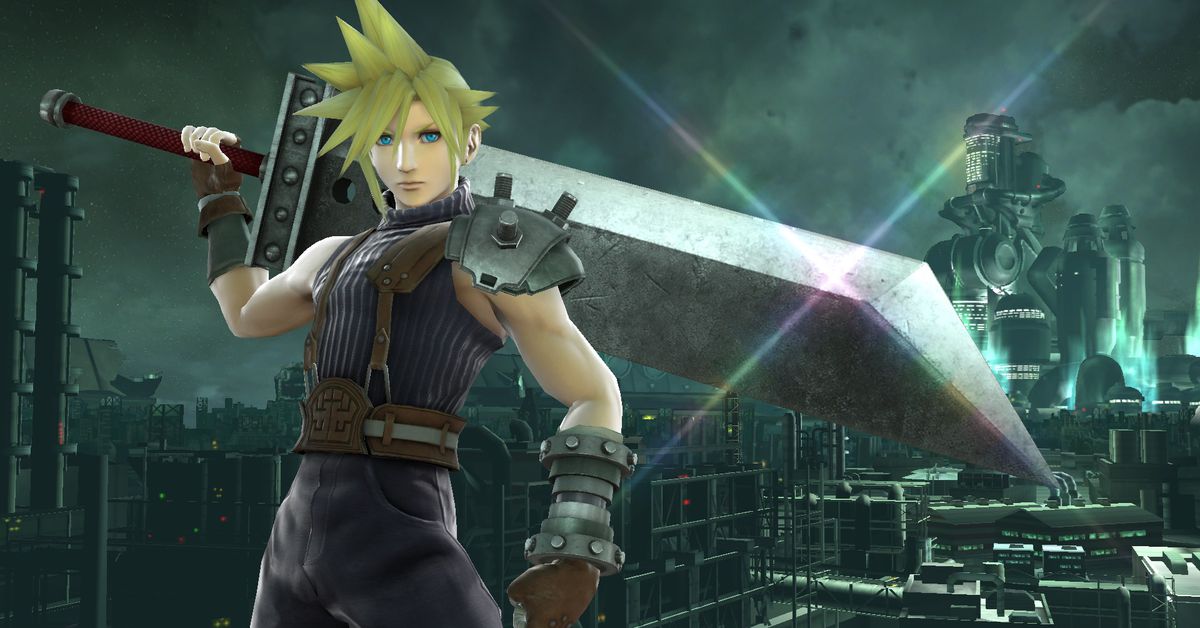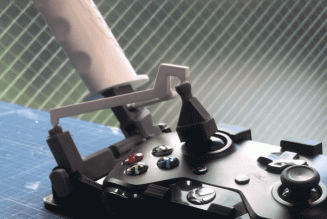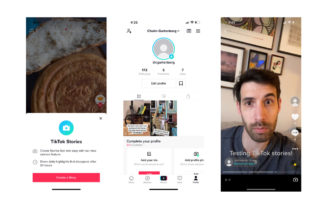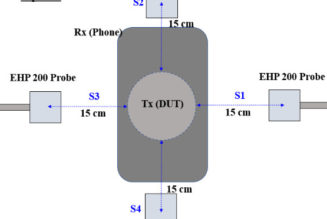
What would a Final Fantasy, Tomb Raider, or Deus Ex look like if it were partly powered by the blockchain, so gamers could make money from their contributions? You may get to find out: Square Enix president Yosuke Matsuda has revealed that the company’s New Year’s resolution is to release “decentralized games” starting in 2022.
While you won’t find any details in Masuda’s letter discussing the company’s strategy for the new year, you will find a good sense of his cautious-but-optimistic stance — not surprising, given how other game companies that recently Leeroy Jenkins’d their way into NFTs saw such immediate whiplash you could practically feel the vibrations over the internet.
Here’s the most relevant section, which comes near the end:
From having fun to earning to contributing, a wide variety of motivations will inspire people to engage with games and connect with one another. It is blockchain-based tokens that will enable this. By designing viable token economies into our games, we will enable self-sustaining game growth. It is precisely this sort of ecosystem that lies at the heart of what I refer to as “decentralized gaming,” and I hope that this becomes a major trend in gaming going forward. If we refer to the one-way relationship where game players and game providers are linked by games that are finished products as “centralized gaming” to contrast it with decentralized gaming, then incorporating decentralized games into our portfolio in addition to centralized games will be a major strategic theme for us starting in 2022. The basic and elemental technologies to enable blockchain games already exist, and there has been an increase in the societal literacy and acceptance of crypto assets in the past few years. We will keep a close eye on societal shifts in this space while listening to the many groups of users that populate it, and ramp up our efforts to develop a business accordingly, with an eye to potentially issuing our own tokens in the future.
It also probably helps that Square Enix doesn’t name any particular games that might get the blockchain / token treatment, so there aren’t any specific communities of fans ready to come out bearing pitchforks quite yet, unlike with Ubisoft’s Ghost Recon NFT announcement or GSG’s S.T.A.L.K.E.R. 2.
When gigantic gaming companies are faced with the realization that oodles of cash are locked up in the buzzwords “Metaverse” and “NFTs,” they’re usually happy to say they’ve been-there, done-that, if they — like Square Enix — have been plugging away at the whole fantasy-meets-reality and / or multiple-world thing for years. Square Enix could have brought up how it already merged Final Fantasy with beloved Disney lands via its Kingdom Hearts series of games, or how it brought Cloud and Sephiroth and some Final Fantasy items, stages, and music to Nintendo’s Super Smash Bros. Ultimate — the very sort of cross-game pollination that metaverse proponents suggest we’ll see a lot more of once we figure out the technology.
Instead, the company is dipping a philosophical toe in the water, strongly signaling its intent, and — perhaps — waiting to see how its passionate fanbases react to the idea of Square Enix issuing its own tokens, Square Enix designing more economies into its games, and those games becoming somewhat more about money than they are today.
Square Enix is also promising “ample investments in the cloud space,” though it’s not clear if the company is talking about cloud gaming. “We are exploring potential efforts in the cloud space from two primary perspectives, the first being leveraging cloud technologies to distribute content and the second being developing content that offers customers new forms of excitement enabled by the cloud’s attributes,” Matsuda writes.









